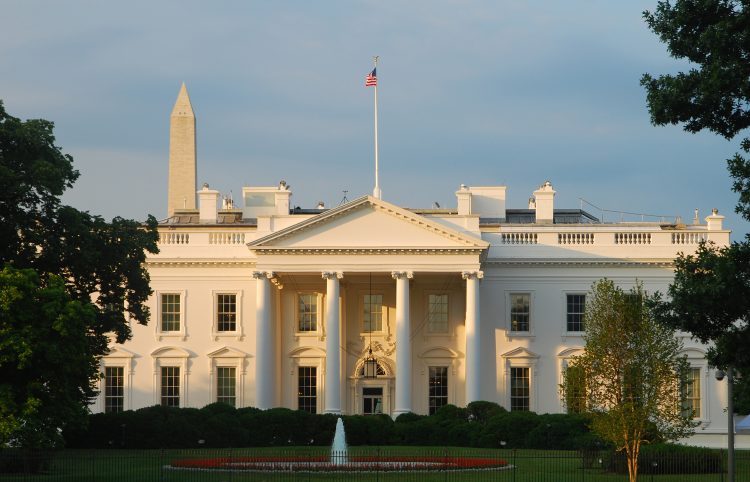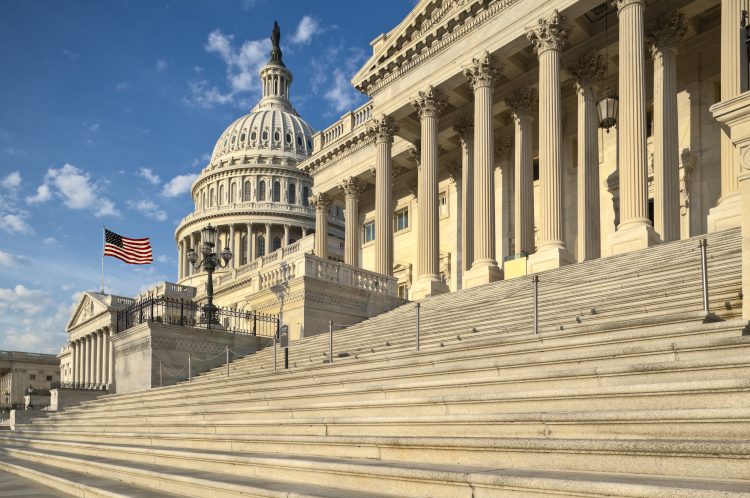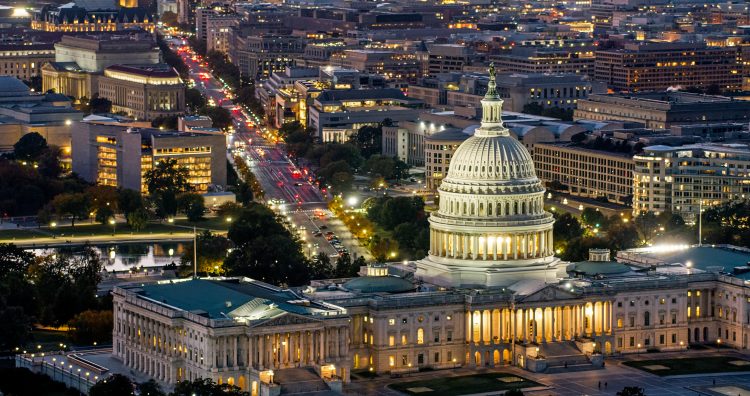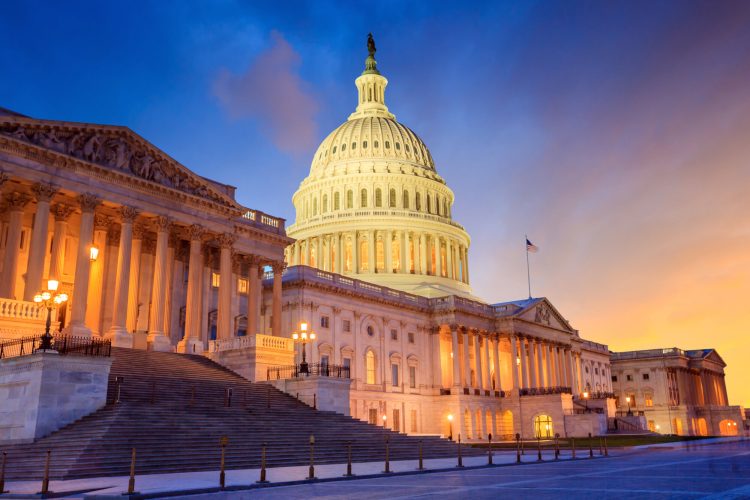This week on Facing the Future Dr. Philip Joyce, professor of public policy at the University of Maryland, explained why disagreements over the Impoundment Control Act (ICA) has led to a “High Noon” moment for the separation of powers. He also refuted suggestions by some proponents of the One Bill Beautiful Bill Act (OBBBA) that the Congressional Budget Office (CBO) has a partisan agenda.
The ICA is a federal law that was passed in 1974. It specifies ways in which the president can withhold (or “impound”) funds that have been appropriated by Congress. Joyce said the law came about because President Nixon had the habit of not spending money for programs that he didn’t agree with. The Congress would pass an appropriation, and the President would sign it into law. Then the President would pick and choose which ones he wanted to spend money on and which ones he didn’t based on ideological or political considerations.”
“The courts consistently found that the President doesn’t get to pick and choose which programs he spends money on, and which programs he doesn’t spend money on,” said Joyce, “so Congress in 1974 decided to reassert its role in the congressional budget process and it passed the Congressional Budget and Impound Control Act, which essentially said that the President can request the Congress to cancel an appropriation or to defer spending. But unless the President does that and the Congress approves it, then the President has no legal authority to unilaterally refuse to spend money.”
Since taking office in January the Trump Administration has asserted an expansive view of the president’s authority to withhold spending. Some officials have even argued that the ICA is unconstitutional.
Joyce pointed out, “If you believe that impoundments are in fact constitutional, then the Impoundment Control Act has no meaning because the President could decide that he wanted to withhold funds from appropriated accounts without asking the Congress at all. And that’s really the argument that the Trump Administration is making, although they sometimes say they think the Impoundment Control Act is unconstitutional. Their focus in my mind is not on the Impoundment Control Act. Their focus is on the act of impoundment itself. What they are essentially saying is that when the Constitution says that the President is to take care that the laws be faithfully executed, that empowers the President to pick and choose which programs or policies he wants to spend money on.”
“The counter argument,” Joyce said “and the argument that has always been made in the past is that no, what the take care clause of the Constitution means is that the President has to faithfully execute all the laws, not just the ones he agrees with. So that’s the basic debate.”
Joyce also discussed the work of the CBO and why he believes it is important for Congress to protect the agency from attacks on its integrity. Some proponents of the OBBBA have been critical of the nonpartisan CBO for its scoring of the bill. To their consternation, the CBO’s latest analysis estimates that if enacted the House version would add about $3.3 trillion to the debt over 10-years, on top of the roughly $20 trillion that was already projected to accumulate over the next 10 years under current law.
“They take fire from both sides.” Joyce said. “Whoever it is that proposed the policy that you’re throwing cold water on, then they’re going to argue that ‘you’re wrong.’ What’s been most unfortunate about this latest experience is they’re arguing that ‘you’re partisan.’ Saying that you think CBO might be wrong is totally within the bounds of what anybody should be willing to say, and if you think they’re wrong, say why you think they’re wrong. But to argue that they are trying to either prevent something from happening, or they are trying to make something happen, because they have some partisan agenda, I think, based on my experience, all my observations and everything I know, is just wrong.”
“What is surprising to me,” Joyce continued, “has been the relative silence of members of Congress in trying to defend CBO against these partisan attacks, and I think that’s very shortsighted because Congress needs the credibility that exists in CBO in order to be able to continue to effectively challenge the Executive Branch, and in order for the Congress to stand up for itself. So at the point at which the Congress acquiesces to
criticisms of CBO, to the extent that that weakens CBO, or creates any questions about CBO, that is damaging to the Congress as an institution.”
Hear more on Facing the Future. Concord Coalition Senior Advisor Bob Bixby hosts the program each week on WKXL in Concord N.H., and it is also available via podcast. Join us as The Concord Coalition team discusses issues relating to national fiscal policy with budget experts, industry leaders, and elected officials. Past broadcasts are available here. You can subscribe to the podcast on Spotify, Pandora, iTunes, Google Podcasts, Stitcher, or with an RSS feed. Follow Facing the Future on Facebook, and watch videos from past episodes on The Concord Coalition YouTube channel.
Continue Reading












